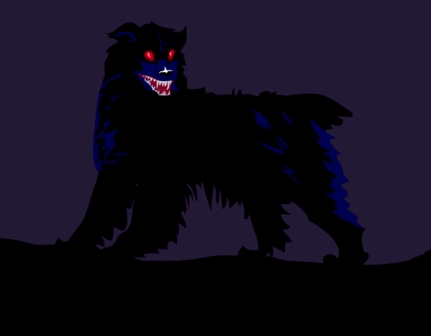“Write
what you know” is a piece of advice to new writers that can be very
inhibiting. What do we know? If writers restrict themselves to
writing about their experience, we would have a lot of boring books
about humdrum lives. Whole genres would not exist: fantasy, science
fiction, paranormal. But there is a grain of truth in the saying. We
should write what is real, even if what we write is fantasy. So how
do writers do that? This is a question that fascinates me.
In some cases the
answer is obvious: Tolkien may have been living the quiet life of an
academic in Oxford, but he was a world expert on Anglo Saxon and
Norse mythology. However the Lord of the Rings is
more than a rehash of old stories. The book is seen through the eyes
of the hobbits. Their tale is profoundly influenced by Tolkien’s
experience as a young officer in the trenches of World War I. The
hobbits are the British regular soldiers, whose stoicism and good
humour Tolkien so admired. As an officer Tolkien had led them over
the top into the Mordor-like landscape of no-man’s land. They bring
a sense of reality to the book.
Most writers do not
have such rich personal sources on which to draw. But we do have the
reality of our fantasies. We can take that reality and spin it into
something much larger. The Bronte sisters’ novels are a good
example of this.
I have three main
sources of inspiration for my novels. Mother of Wolves was
a historical fantasy novel, so clearly history is a massive source of
material for me. History gives an almost unlimited range of themes,
settings and storylines. For Mother of Wolves I drew
on the history of the persecution of the romanies (gypsies) in
Europe. I discovered that in the 18th century they were hunted by men
with dogs and guns as if gyspies were simply vermin. Such a hunt
features in my book. The central character is a woman who rises to be
a gypsy queen, so I used the examples of great women leaders, such as
Boudicca and Elizabeth I, to help me understand what it takes to be
such a woman. As these women are extraordinary, I could never hope to
meet one in person.
The second source is
the landscapes, towns and peoples of the world. Travel can be a great
aid to the writer, but it is also possible to use the landscapes of
one’s homeland and elaborate them. In my magic-realism book Girl
in the Glass I created a fictional city. The city is a large
port set on several hills and on one hill stands a university which
lives in an uneasy relationship with the rest of the city. I have
been asked which city it is based on, as it seemed so real to the
reader. The answer is that it is several cities combined: Istanbul,
Oxford, Victorian London to name three. In Mother of WolvesI
came closer to home and set the story along a fictional river, which
was based on an enlarged River Severn and the history of the people
along its banks.
The third source is my
personal experience and those of people I have met. I have been
blessed with a loving family and a life untroubled by war, disease or
other misfortune, but for about twenty years I worked with people on
the margins of society. I am able to draw from their stories of
fleeing their homes and countries, of persecution, of homelessness.
I’d like to think that I don’t just use them, but I am a writer
and writers will find inspiration everywhere.
So should a writer
follow the advice “Write what you know”? If we read, study,
travel and listen, what we “know” is only limited by our capacity
to understand.




